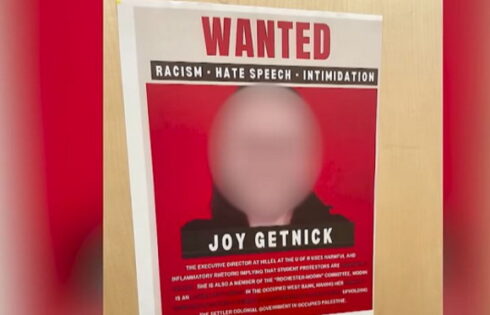
Albany County, New York prosecuted a fifteen year-old boy under a cyber-bullying law after he “anonymously posted sexual information about fellow classmates on a publicly-accessible internet website.”
But in a 5-2 decision in the case People v. Marquan M., the state’s highest court ruled that the county’s law ran afoul of First Amendment protections. UCLA law professor and blogger Eugene Volokh writes at The Washington Post:
This wasn’t limited to offensive speech to a person, but included offensive speech about people; and it wasn’t limited to speech that falls within a First Amendment exception (such as threats, or knowing defamatory falsehoods). As I’ve argued before, including about a similar proposed Suffolk County ordinance and other proposed laws, this sort of law is far too broad and vague, and is indeed unconstitutionally overbroad. This is clearest about “hate mail,” but is also true about other items as well. Note, for instance, that the ordinance criminalizes “disseminating … personal … information” — even if it’s not “false” or “sexual” — about any person, if it’s done “with the intent to … annoy …, abuse, [or] taunt” and “with no legitimate private, personal, or public purpose,” whatever that might mean.
The court noted the First Amendment “forbids the government from deciding whether protected speech qualifies as ‘legitimate,’” which is what the Albany County law strove to do.
Hans Bader reports, however, that other states (like New Jersey) still maintain free speech-hostile anti-bullying laws.
Like The College Fix on Facebook / Follow us on Twitter
IMAGE: Adam Clarke/Flickr





Please join the conversation about our stories on Facebook, Twitter, Instagram, Reddit, MeWe, Rumble, Gab, Minds and Gettr.